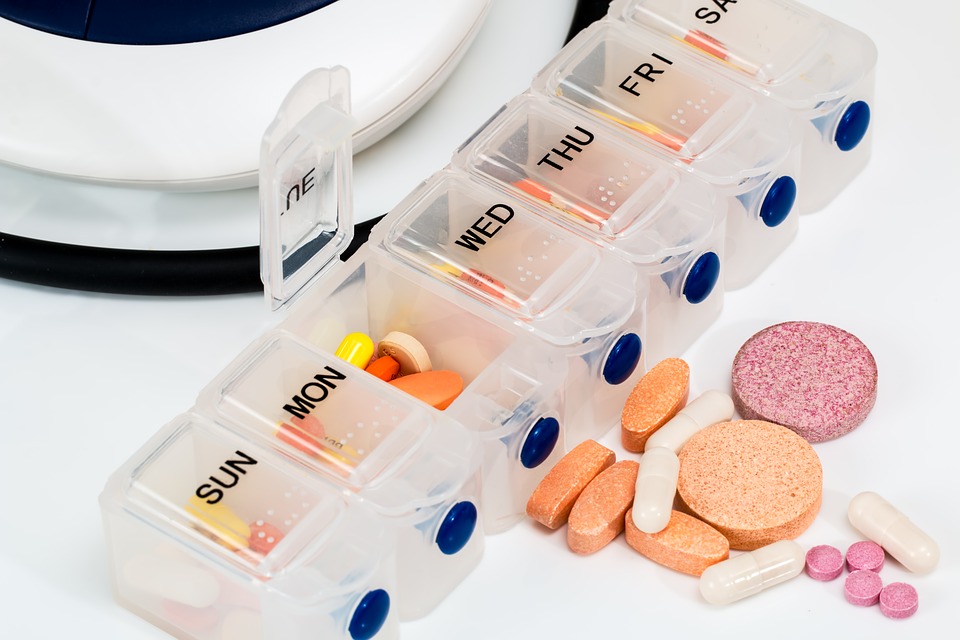
WASHINGTON – President Donald Trump touted the “single largest decline” in drug prices in 46 years during his State of the Union speech Tuesday night.
“Already, as a result of my Administration’s efforts, in 2018 drug prices experienced their single largest decline in 46 years,” he said. “But we must do more. It is unacceptable that Americans pay vastly more than people in other countries for the exact same drugs, often made in the exact same place. This is wrong, unfair, and together we can stop it.”
The Bureau of Labor Statistics said in a January report:
The index for hospital services rose 3.7 percent, while the physicians’ services index increased 0.6 percent. The index for prescription drugs, however, fell 0.6 percent in 2018.
The Washington Post Fact Checker checked out Trump’s claim.
“The decline is the first time in 46 years in the December-to-December time frame, but there have been other 12-month periods with index declines, mostly recently in 2013,” fact-checker Glenn Kessler wrote.
“I am asking the Congress to pass legislation that finally takes on the problem of global freeloading and delivers fairness and price transparency for American patients,” Trump continued during his speech. “We should also require drug companies, insurance companies, and hospitals to disclose real prices to foster competition and bring costs down.”
The Trump administration first floated an international pricing index that would base Medicare drug payments on cheaper foreign prices in October 2018.
Not all conservative groups supported Trump’s rhetoric on the pharmaceutical industry. Patrick Hedger, policy director of conservative lobbying group FreedomWorks, released the following statement:
While we share with the President’s concern with the issues surrounding the rise of prescription drug prices, the focus on prices found in foreign countries is misleading. These prices are achieved through coercive means and stifle innovation. America remains the leading engine for pharmaceutical investment and innovation and this cannot be sacrificed as part of healthcare reform. The President and Congress should focus their efforts on continuing to reduce regulations on pharmaceutical companies and encourage competition in a free American marketplace.
Trump also unveiled his administration’s plan “to defeat AIDS in America and beyond” during his State of the Union speech Tuesday.
The high cost of prescription drugs was an issue Trump brought up frequently in 2018.
Trump signed a law that ends insurance companies’ pharmacist gag clauses in an effort to lower drug prices in October 2018. Insurers and pharmacy benefit managers use the gag clauses to “forbid pharmacists from proactively telling consumers if their prescription would cost less if they paid for it out-of-pocket rather than using their insurance plan,” according to a press release from Republican Maine Sen. Susan Collins, the bill’s sponsor.
Even Independent Vermont Sen. Bernie Sanders recognized he and Trump had similar interests in lowering drug prices.
Sanders called on Trump to support his new drug cost legislation Jan. 10.
“During his campaign, [President Trump] said he was going to stop the pharmaceutical companies from ‘getting away with murder,’” Sanders said, according to the Washington Examiner. “Today, I say to President Trump: ‘If you are serious about lowering prescription drug costs in this country, support our legislation and get your Republican colleagues on board.’”
Sanders’s legislation has three main goals: encourage generic competition with “excessively priced” brand-name drugs, let Medicare negotiate directly with drug manufacturers and allow Americans to import less expensive drugs from Canada, reported The Associated Press.



Comments are closed.